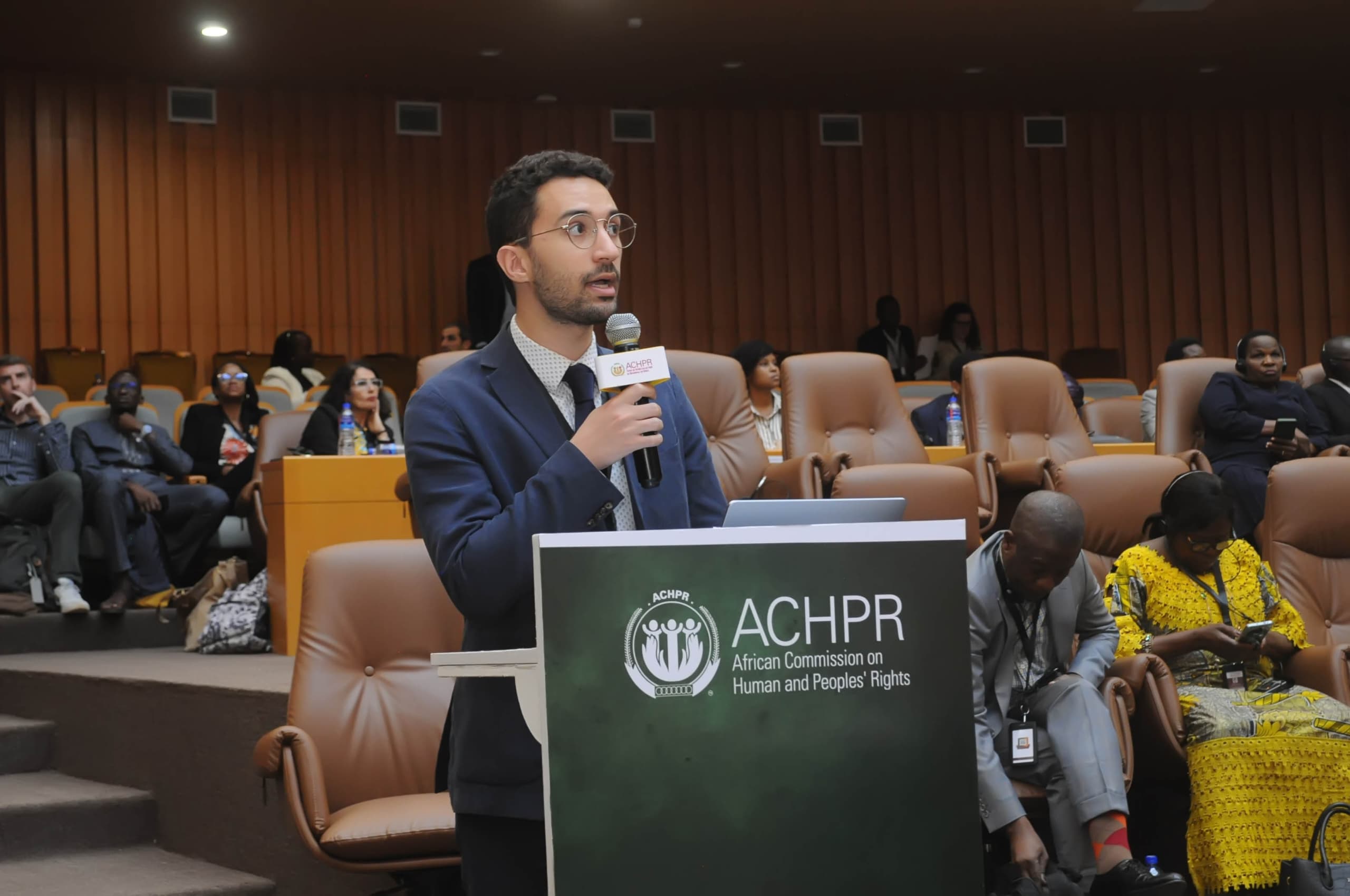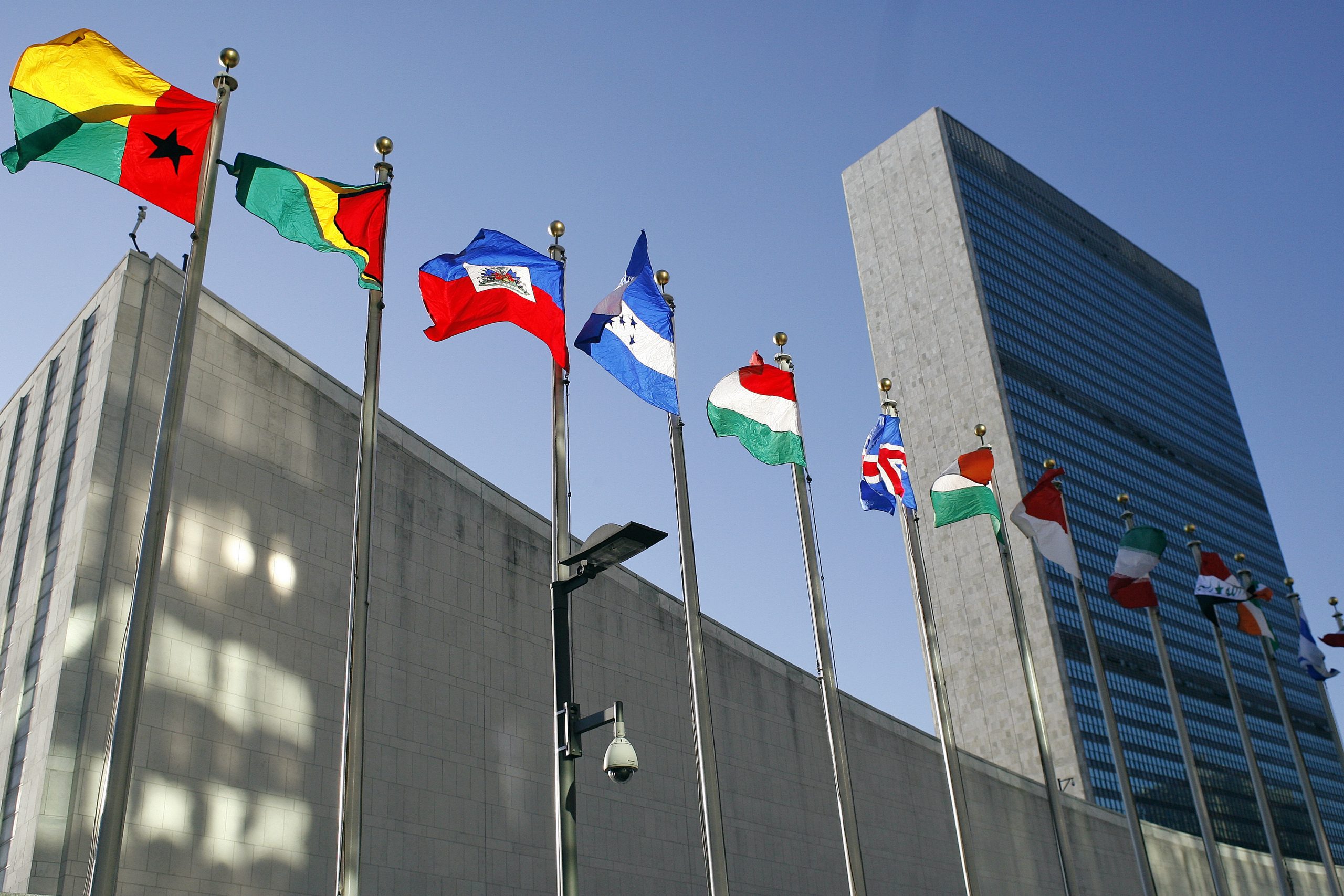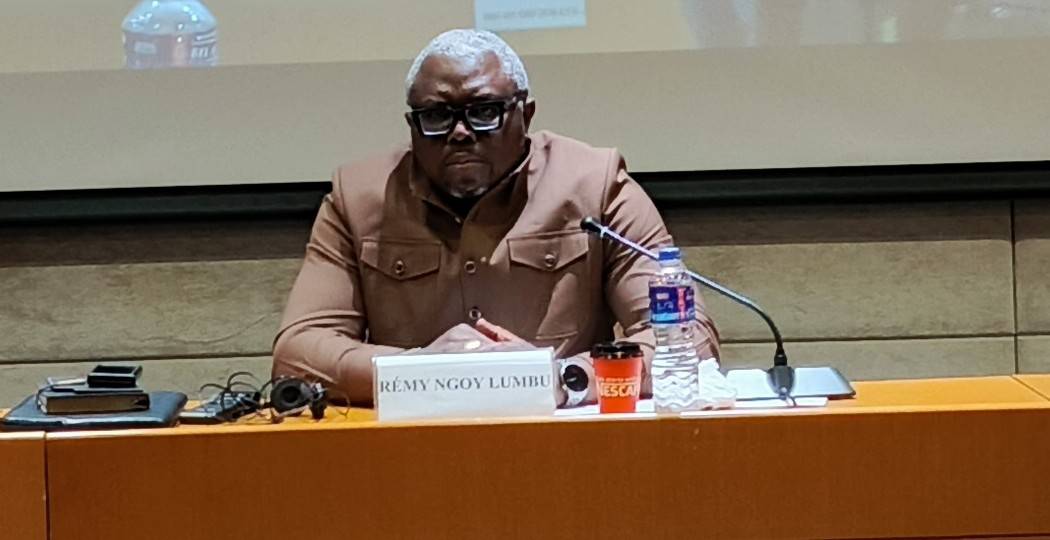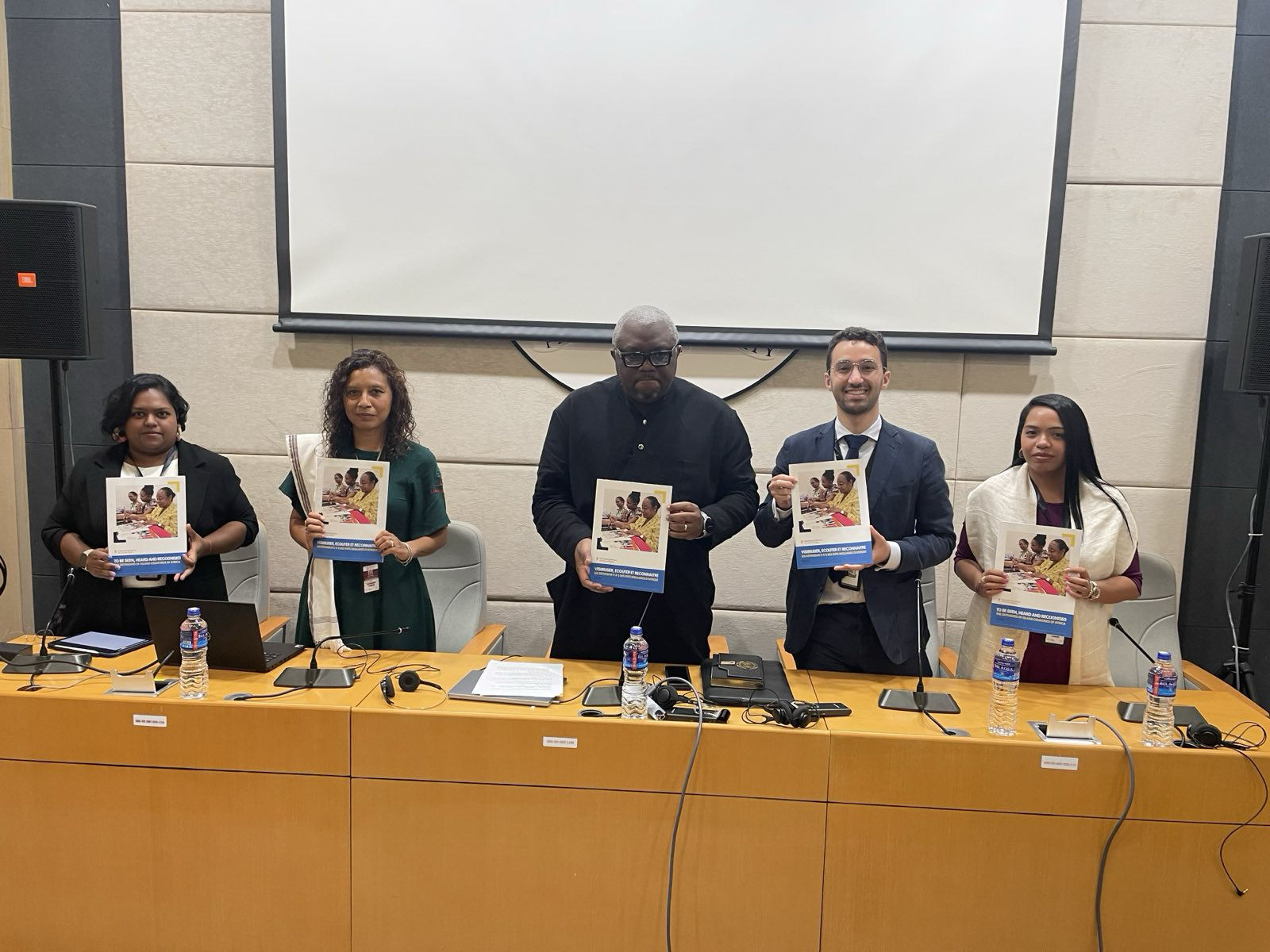(New York) – After a long and difficult negotiation process the General Assembly has finally approved a resolution (A/RES/68/L.37) that will strengthen the UN system for reviewing States’ implementation of international human rights treaties to which they are party.
‘We welcome the adoption of this modest but important resolution to strengthen the UN treaty bodies. The effective implementation of this resolution should equip States to better fulfil their human rights obligations and enable the treaty bodies themselves to work more effectively and sustainably,’ said Madeleine Sinclair, Legal Counsel with the International Service for Human Rights.
The so called ‘treaty body strengthening process’ was initiated to improve the efficiency and effectiveness of the work of the treaty bodies, which are mandated to review and promote States’ compliance with the international human rights treaties.
‘The treaty bodies are at the heart of the international human rights protection system. Their work often sounds early warnings about human rights problems in particular states. They also offer real guidance for improvement in all countries and a substantive basis for the work of other human rights experts’, said UN High Commissioner for Human Rights, Navi Pillay
In recent years, however, the treaty body system has come under increasing pressure.
‘New conventions and the growing number of ratifications, while very welcome, have stretched the system to breaking point’, said Ms Pillay. ‘The steps now approved can provide a real way forward to make the treaty body system even more effective’.
These positive steps include an extra 20 weeks meeting time across all treaty bodies, and capacity building for States to assist them in submitting their reports on time. These steps should enable the system to start to become more efficient, which is crucial to achieving the goal of improving the promotion and protection of human rights on the ground.
The difficult negotiations successfully avoided serious attempts by some States to undermine the work of the treaty bodies.
‘Despite the fact that the treaty body system is facing real and grave challenges, the process was marked at times by the efforts of some States to attack and weaken these important bodies’, Ms Sinclair said.
‘In that context, NGOs are pleased that the final text affirmed the independence of treaty bodies and did not incorporate suggestions that would infringe on such independence, including by imposing a “code of conduct” or establishing an “accountability mechanism”,’ Ms Sinclair said.
Despite the relatively positive steps, serious challenges remain to the effective operation of the treaty bodies and their accessibility to human rights defenders and victims of human rights violations.
In this regard, ISHR is disappointed that the resolution adopted by the General Assembly did not contain stronger and clearer language condemning reprisals and intimidation against those cooperating or seeking to cooperate with the treaty bodies and reaffirming the legal obligation of States both to ensure unhindered access to those bodies and to fully investigate and ensure accountability for any reprisals associated with the exercise or attempted exercise of this right.
The meeting of Chairpersons of the treaty bodies will take place from 23-27 June this year in Geneva, and will provide a vital opportunity to take stock of the outcome of the General Assembly process and identify areas where the treaty bodies themselves can take steps to strengthen their working methods and effectiveness. The numerous ideas included in the High Commissioner’s report on treaty body strengthening, as well as recommendations made by NGOs throughout the process in the General Assembly, should provide ample food for thought.




